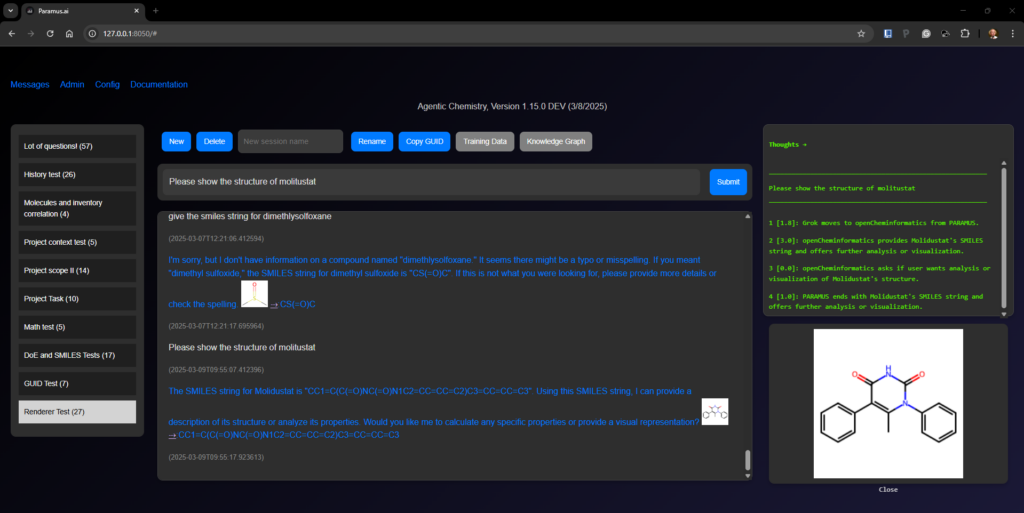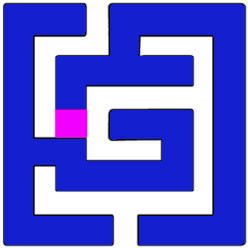Why PARAMUS Choose a Closed-Source Approach
For software solutions like PARAMUS, embracing a closed-source development model is not merely a strategic choice but a commitment to delivering a refined user experience, preserving design integrity, and effectively managing the complexities inherent in advanced agentic systems.
This approach resonates with the principles that have guided Apple’s enduring success in the technology landscape.
Hidden Complexities, Seamless Interfaces: The Closed-Source Advantage in Agentic Systems
Agentic systems, characterized by autonomous decision-making capabilities, introduce layers of complexity that necessitate stringent oversight to ensure predictable and secure operations. A closed-source model facilitates this oversight by restricting external modifications that could compromise system integrity. This controlled environment is crucial for maintaining the reliability and safety of complex agentic functionalities.

Screenshot Jupyter notebook
Jupyter Notebooks enable users to write and run Python code interactively within a web-based interface. However, their design may present challenges for users unfamiliar with programming concepts. The interface, while powerful, can appear complex due to features like code cells and kernel management. This complexity might hinder those seeking a more straightforward user experience.
The Case for Closed-Source Development: Aligning with Apple’s Design Philosophy
In the realm of software development, the debate between open-source and closed-source models persists. For applications like PARAMUS, adopting a closed-source approach aligns seamlessly with the principles that have underpinned Apple’s success, particularly in terms of user experience, design integrity, and managing the intricacies of agentic systems.
Apple’s Closed-Source Paradigm
Apple’s ecosystem is renowned for its closed-source nature, a strategy that has been instrumental in delivering cohesive and secure user experiences. By maintaining control over both hardware and software, Apple ensures that each component functions harmoniously, resulting in products that are intuitive and reliable. This approach minimizes compatibility issues and enhances overall system stability.

PARAMUS User Interface
Design Integrity and User Experience
A cornerstone of Apple’s philosophy is its emphasis on clean and functional design.
Steve Jobs encapsulated this ethos, stating, “Design is not just what it looks like and feels like. Design is how it works.” This perspective underscores the importance of integrating form and function, a feat more readily achieved within a closed-source framework where developers can meticulously control every aspect of the user interface and experience.
